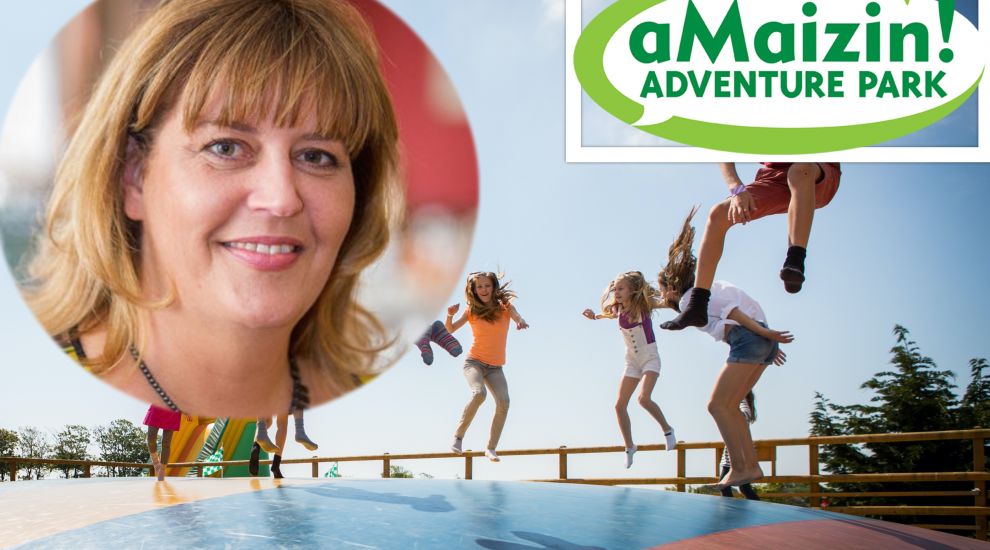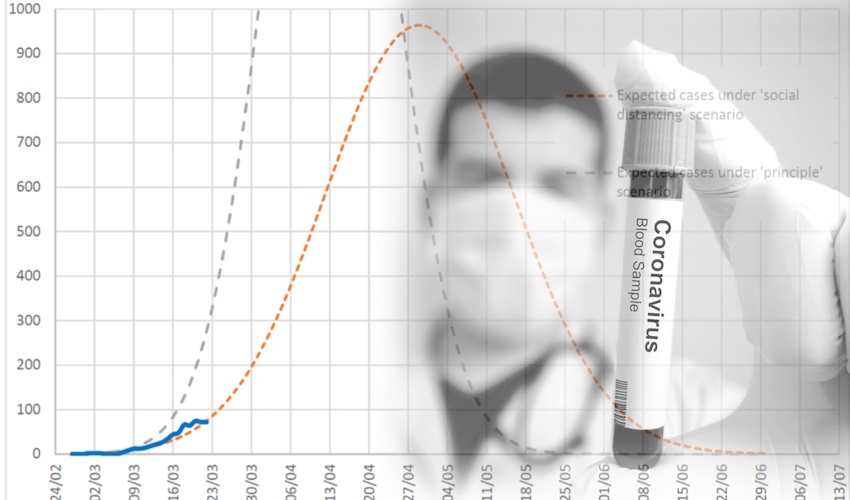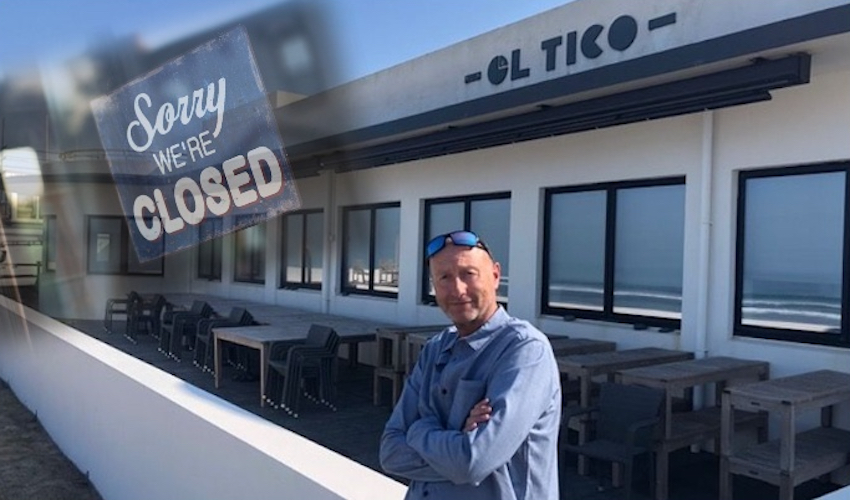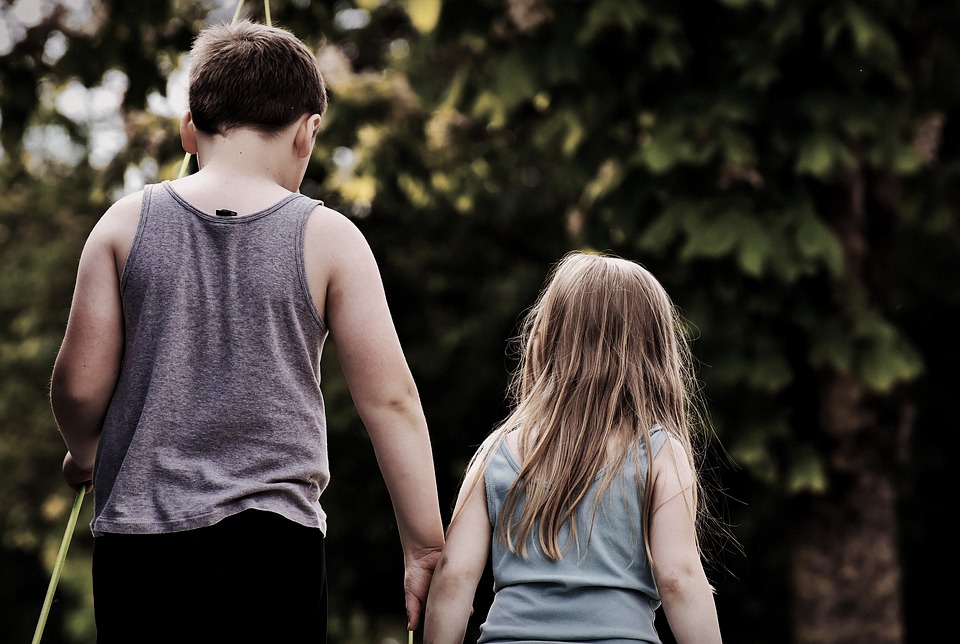


While some outlets have been able to reopen at reduced capacity in response to the pandemic, for attractions such as the aMaizin! Adventure Park, keeping people apart is very difficult, and the timing of the crisis couldn't have been worse.
Here, one of the owners, Kristina Le Feuvre, describes how her team has been fighting the effect of the lockdown measures on her business...
"Nothing sums up our predicament more than an email received earlier this week. Our credit card provider emailed to advise they are not a lending institution and as refunds are not offset by sales they require a payment before further refunds can be issued. Essentially, they are used to seeing money coming in and not going out.
And that one email sums up the impact of covid-19 on our business.
Once we suspended memberships, and morally decided to refund party deposits, the net income has dropped by 97% and we have more going out than coming in.
Whilst Phase 2 of payroll has provided a safety net, the liabilities and fixed costs continue to rise exponentially, and the debt level continues to rise.
In addition, even with a small core team, our decision to pay staff well to attract the quality we require in our business, not using zero-hour contracts and allowing our staff a decent wage with a decent contract has ironically put those businesses who look after their staff at a bigger disadvantage than those that don’t.

Pictured: Jersey's official corona virus case numbers have slowed to a trickle
As many businesses thoughts turn to re-opening, and the lucky ones are in an industry with pent-up demand, our business needs to be slow and smart to ensure that the loss-making winter isn’t compounded by a loss-making summer, followed by another winter period.
For those of us who now don’t expect any major income until Easter 2021, it’s a dilemma. In most tourism industries, whether hotels, coaches, sea-sports or attractions, you make your money in five months during high summer, save some to cover costs over the loss-making winter period and invest the rest to improve and update the customer experience.
For the few of us who open year-round to provide amenities and support the tourism industry during shoulder months, the risk is even greater.
The leanest time of the year is always “pre-season” when investment has been made and cashflow is limited. Easter provides a much-needed cash boost, pays the outstanding bills and allows us to begin plans for the next 18 months.
For covid-19 to shut down the economy in March was very much worst-case scenario for the hospitality industry, in particular for hotels and attractions, both of which had limited options to re-invent their business model.
As the third largest destination attraction on the island, we are unable to re-invent and take our business model to the customer. We have arranged retail deliveries and opened a pop-up drive-in takeaway, but realistically these innovations are more about staff morale and mental health initiatives than recovering the shortfall.

Pictured: El Tico's Andrew Hosegood explained in a column last month how hard hospitality had been hit hard by the virus.
There are moments we pause and our grateful for the support and loyalty of our customers. Those that have contacted us and offered to continue paying for memberships until we re-open have touched us in ways we cannot communicate via email.
Tourism is at a crucial point in Jersey. Shortly, airlines will begin domestic flights, and if we as an island are not receiving visitors, those airlines will allocate their airport slots elsewhere.
There is no magic switch to suddenly recover lost airline routes, and the connectivity of the island to the UK and beyond is facing serious challenges. Those that believe tourism is made up of unnecessary low-paid workers are in for a shock when airline routes are lost and the price of leaving the island becomes prohibitive. Make no mistake, on-island tourism has a number of benefits that will soon become apparent, and the future of the industry is at crisis point.
Fixed costs - rates, social security obligations, insurance (our largest bill each year), veterinary bills, animal feed – do not disappear. It costs us over £1,000 a day to run the park and property, during lockdown.
To reduce costs further, we would have to radically change the way the business operates. For example, the animals cost £3,000 a month in feed, veterinary care and wages.

Pictured: "...The park is modelled around families and children interacting and enjoying their visit."
To re-open we double the costs of running the park, and realistically we cannot see a way of doing this in our business with physical distancing, particularly as the park is modelled around families and children interacting and enjoying their visit.
Taking on additional staff to manage physical distancing, to severely impede the experience that people love when they visit, and to have long (physically distanced) queues for each activity is the stuff that nightmares are made of. To watch the international attractions who have a massive team focusing on re-opening, stop and start continuously, is terrifying.
Hospitality is a labour-intensive industry with high fixed costs and despite its success, operates with slim profit margins.
We pay wages well above industry average, and in turn have a compact team with good skills and loyalty to us both as a business and a family.
What keeps me awake at night is the obligations we have to the staff and how we keep the team together when we will have 18 months of losses before we hope to see a profit April 2021 and beyond. In reality, our industry is resilient but with talk about 2019 levels not being reached until 2022, each business decision we take now is crucial to our longevity.
Essentially, the industry needs to know soon, the cut-off point is for government support to allow them to make the major decisions they need to make.
Comments
Comments on this story express the views of the commentator only, not Bailiwick Publishing. We are unable to guarantee the accuracy of any of those comments.